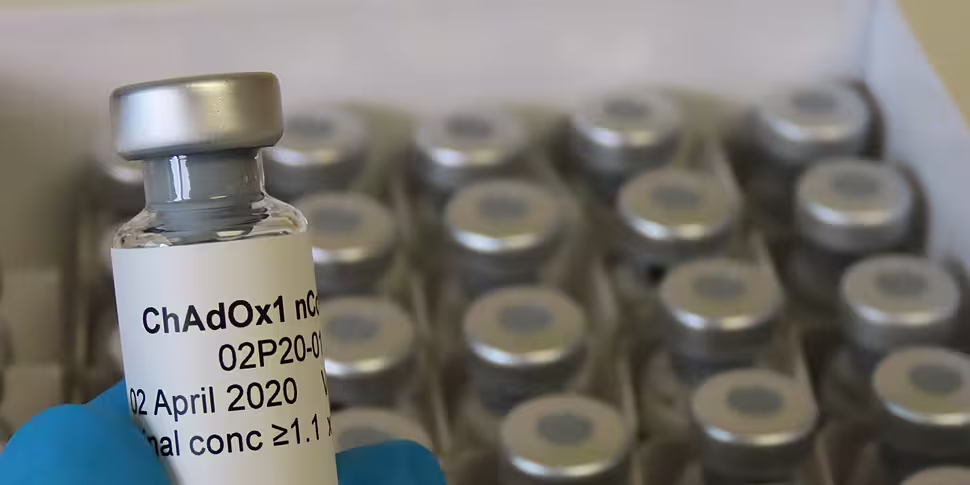The Oxford coronavirus vaccine candidate has found to be 70% effective in preventing COVID-19.
Two different doses were tested - showing efficacy of 90% in one and 62% in the other, for a combined 70% effective rate.
Oxford University says the higher efficacy regimen used a halved first dose and standard second dose.
Trials of the Oxford / AstraZeneca vaccine found there were no hospitalisations or severe cases of the virus reported in participants who received the vaccine.
Over 27,000 people were involved in trials in the UK, Brazil and South Africa.
While the results show a lower level of effectiveness than two other vaccine candidates, it can be more easily distributed and stored at 'fridge temperature'.
Today marks an important milestone in the fight against #COVID19. Interim data show the #OxfordVaccine is 70.4% effective, & tests on two dose regimens show that it could be 90%, moving us one step closer to supplying it at low cost around the world>> https://t.co/fnHnKSqftT pic.twitter.com/2KYXPxFNz1
— University of Oxford (@UniofOxford) November 23, 2020
Those behind the vaccine say they will now "immediately" prepare to submit the data from the trials to regulators around the world.
Large scale manufacturing is already underway, with plans to deliver up to three billion doses of the vaccine.
Professor Andrew Pollard, Director of the Oxford Vaccine Group, said: ‘These findings show that we have an effective vaccine that will save many lives.
"Excitingly, we’ve found that one of our dosing regimens may be around 90% effective and if this dosing regimen is used, more people could be vaccinated with planned vaccine supply."
It follows vaccine trial promising results announced by Moderna and Pfizer / BioNTech in recent weeks, with trials showing both vaccines to be over 90% effective.









